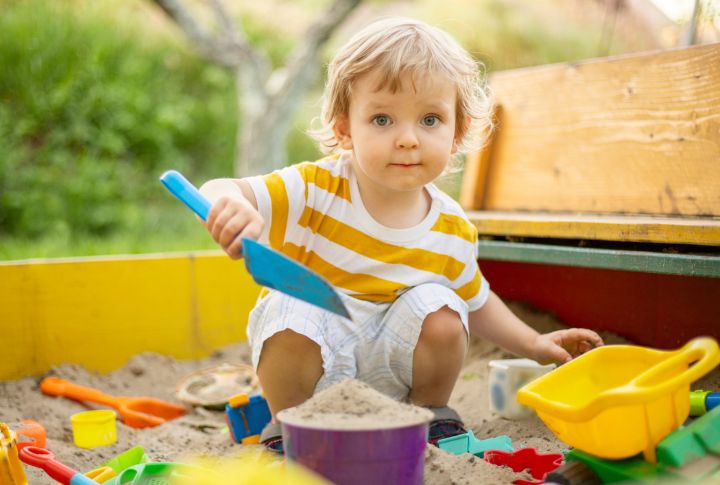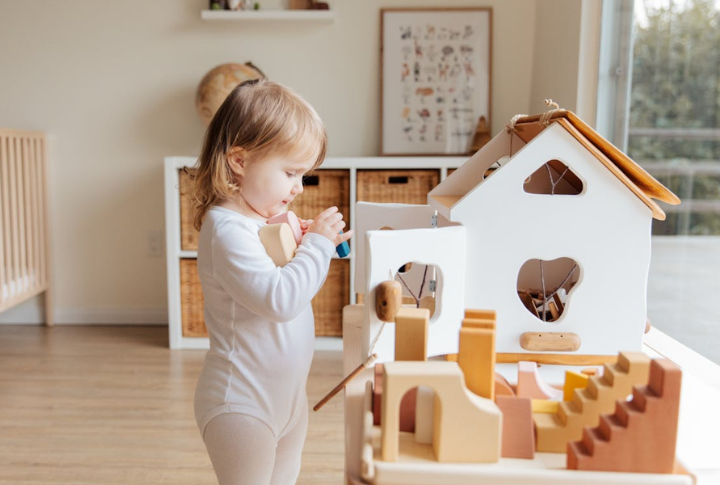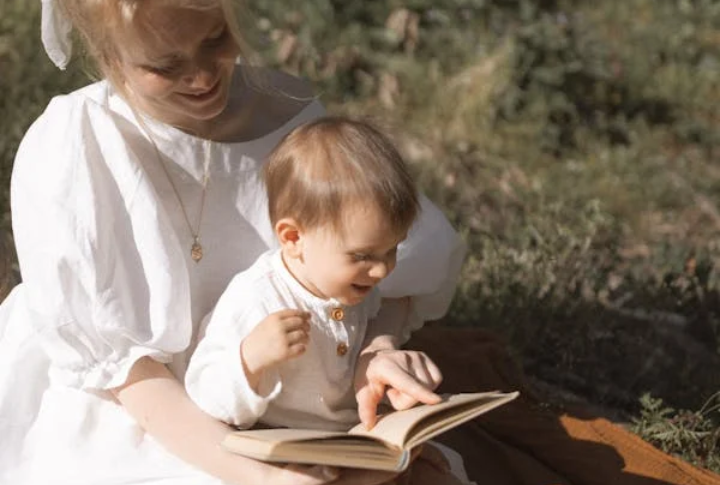
Play is paramount in shaping young minds and laying the groundwork for future learning adventures. By participating in various types of play, toddlers can develop a plethora of skills required for their future success. Here are 15 compelling truths about its profound influence on toddler brain development.
Neural Stimulation

Neural stimulation is a mandatory aspect of cognitive progression, and play can be a great way to activate diverse brain regions and forge strong neural connections. This activation can help expound mental aptitude and promote a healthy brain.
Curiosity Cultivation

Play nurtures a thirst for knowledge, encouraging toddlers to examine and learn about the world around them. Curiosity can be an important motivator for continued growth in early childhood and even until adulthood.
Imagination Ignition

Imaginative play should always be encouraged at home. Tiny tots unleash creativity, expand their thoughts, and foster innovative thinking when interacting with other children. The same can be achieved even when playing alone or with their parents.
Social Skill Mastery

Whether at the playground or daycare, playtime with peers teaches social skills like sharing and communication, establishing the foundation for healthy relationships. Those who do not get enough time with kids their age tend to be more shy or aloof when they grow up.
Problem-Solving Practice

Problem-solving practice helps them amplify their cognition and fosters a sense of independence and self-reliance, which can benefit them in the long run. It gives the little ones the green light to overcome obstacles with confidence.
Fine Motor Development

Manipulating toys and objects during play hones kids’ fine motor skills, which are required for everyday tasks like writing and self-care. As they pick up and move objects, they learn to coordinate their hand and finger movements, improving their agility and control.
Language Learning

Another benefit of play is that it enhances language capabilities by providing interactive discussions and exploration opportunities. Engaging in play helps enrich their vocabulary and comprehension, allowing them to express themselves better and articulate their thoughts more clearly.
Emotional Intelligence

Emotional Intelligence, an indispensable aspect of being human, finds a nurturing ground in play, particularly for youngsters. Within this environment, kids partake in activities that entertain and serve as clever avenues for exploration and regulation.
Risk-Taking Opportunity

By letting tykes explore and experiment within a secure framework, play provides the ideal context for venturing into the unknown and taking calculated risks. As a result, those who engage in play-based learning advance into well-rounded individuals who can navigate the complexities of human interaction with empathy.
Memory Building

Repetitive play activities have been shown to strengthen memory formation in toddlers. Young children can better retain and recall information when they pitch in such tasks, especially when they go to school. So, to help a child build a lasting foundation in recollecting events, consider incorporating repetitive play into their daily routine.
Creative Thinking

Fostering creativity in children is essential, and there’s no better way to do it than through merrymaking! Imaginative playtime is an effective means to develop the competence needed to think innovatively. It provides a platform for juniors to express themselves and scrutinize, which are non-negotiable components of creative thinking.
Executive Function Development

Play scenarios that require planning and organizing are significant for the maturation of executive functions in kiddos. These abilities, including self-control and decision-making, are needed for academic and social accomplishments. Allowing your offspring to take charge of playdates and come up with their pretend situations enables them to think critically.
Sensory Integration

In addition to promoting executive function, sensory-rich experiences are key for a toddler. It refers to how the brain processes and responds to environmental stimuli. Games that involve different textures, sounds, and visual stimuli allow younglings to have better sensory processing abilities.
Confidence Boosting

The concept of playtime extends far beyond mere entertainment for toddlers; it serves as a potent catalyst for developing self-esteem. Mastering these playful challenges instills in them a tangible feeling of accomplishment and pride, bolstering their confidence in their talents.
Love for Learning

The impact of recreation on developing a lifelong love for learning cannot be overstated. As a child grow, this interest becomes ingrained in their psyche, propelling them to seek out new challenges and enthusiastically embrace the journey of discovery.

Comments
Loading…